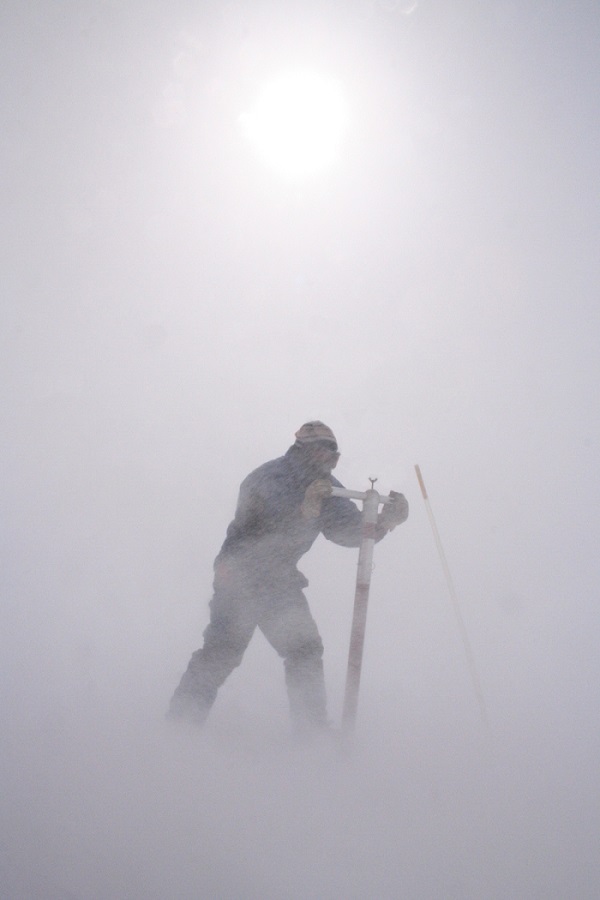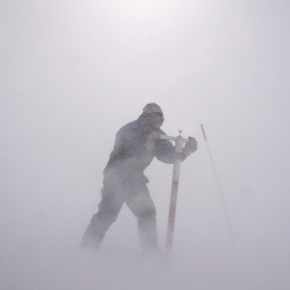
The first prospective study for French polar research
|
On 9 June, during the Third United Nations Ocean Conference (Unoc-3) held in Nice, the CNRS presented the first deliverable on behalf of its programme agency: an overview for the prospective study on French scientific polar research, which is recognized for its excellence worldwide.
Polar regions are subject to rapid and unprecedented transformations under the effects of climate change and the expansion of human activities, with major consequences for ecosystems, local populations, and changes to global climate. These changes, which are more rapid than anticipated, underscore the need to intensify research in order to better understand the dynamics and impact.
Following the first French polar strategy submitted to the French President by Olivier Poivre d’Arvor, the ambassador for the poles and oceans, the French Ministry of Higher Education and Research entrusted the CNRS last year with carrying out a scientific prospective study for polar regions, the counterpart to the country’s polar strategy.
A driver of French polar research and the world’s second research institution in terms of the number of scientific publications in the field, in mid-2024 the CNRS was tasked by the agency’s partners to coordinate the actors involved and to steer a scientific prospective study on this research topic. Delivered on 9 June, the study seeks to translate the objectives of the French polar strategy into explicit scientific and budgetary orientations, and to structure French polar research around a coherent and interdisciplinary programme turned toward international cooperation.
The result of collaborative work involving the French scientific community—and emerging from various institutions (CNRS, CEA, Ifremer, MNHN, multiple universities, etc.)—this prospective effort identified 15 interdisciplinary scientific challenges connected to the three major polar regions, such as understanding Arctic societies, the impact of pollution on fauna and populations, and the loss of Antarctic ice mass and its impact on sea level. The prospective study also emphasizes numerous technical, methodological, logistical, and diplomatic challenges that must be met.
Presented on the occasion of the Third United Nations Ocean Conference (Unoc-3), which was held in Nice on 9 June, this prospective study is in keeping with a global context of action in favour of the poles. After the One Planet Polar Summit held in Paris in November 2023, this year the United Nations launched the Decade of Action for Cryospheric Sciences (2025-2034). The scientific community is also preparing the International Polar Year in 2032-2033.

© Vincent FAVIER/IPEV/CNRS Images
Learn more:
- Download the prospective study overview
- a CNRSlejournal report on the poles (in French) https://lejournal.cnrs.fr/dossiers/objectif-poles
- the CNRS press release (in French) https://www.cnrs.fr/fr/presse/le-cnrs-se-felicite-du-lancement-de-la-premiere-strategie-polaire-francaise

